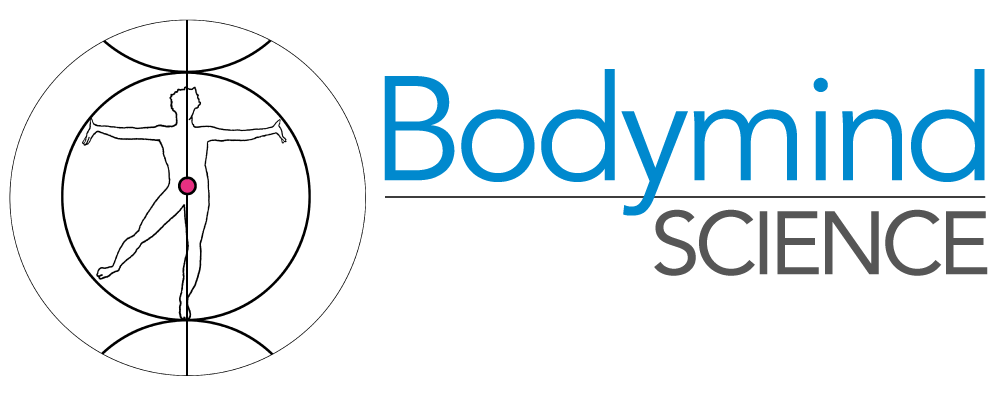
Why do some people flourish in the face stress? I’d like to share some insights from our studies of flight attendant health. One study’s objective was to determine if a ‘meditative movement’ training could change the health of our study volunteers. This training involved teaching awareness of internal bodily sensations (interoception). Volunteers learned to engage the entire nervous system, thus learning to use the resources of the entire body, rather than just the conscious brain. The practices that were taught are based on qigong, an ancient set of principles and practices that are used for self-care, healing, and martial arts.
Many people link meditative movement with early morning daily practice of Tai Chi-like slow movements. Our volunteers were clear that this was not their chosen life style. So we focused instead on teaching simple practices that fit into the activities of everyday living. The flight attendants learned body awareness in walking, sitting, standing, lying down, and breathing, along with a few simple visualization-based practices.
We tested those in our studies before and after 12 to 16 weeks of training. Results showed that those who learned the body awareness practices (even many who practiced only a few of them) saw statistically significant improvements to their overall health. Since a primary objective was to determine effects on respiratory health in FA who had been exposed to high levels of second hand smoke, it has been exciting to see consistent improvements in endurance and reduced symptoms of respiratory disease.
Not surprisingly, in most volunteers who consistently did the awareness practices, there were other changes related to the autonomic nervous system, the special system of nerves that automatically controls many body functions. Most participants with high blood pressure found that it had dropped to clinically normal levels. Additionally there were significant improvements in endocrine and immune function.
So how are these all related? We believe that the answer lies in the systemic effects of the cultivation of body/somatic awareness, that tunes and optimizes the nervous system. Many of the signaling molecules, that are released by the nervous system, are recognized by other cells, tissues and organs. If the nervous system is pumping out signals related to fear, stress, or other adversity, tissues in the body are programmed to prepare for the adverse conditions. In contrast, if the nervous system is sending out ‘rest and repair’ signals, the body responds in kind.
Embodied awareness is not the same as hyper vigilance. Instead, we’re teaching our participants to work towards a state of openness and release. When your nervous system is primed by adequate ‘rest and repair,’ you’re able to respond to virtually any situation, whether comforting a child or responding to a life threatening event. Embodied awareness seems to extend to the cells, tissues and organs, with the ‘rest and repair’ extending to virtually all parts of the body.
If all of your coping draws only on your conscious, thinking brain, you may have a diminished capacity to respond. Your resilience in the face of a challenge may be a function of how well your nervous system is trained and how available it is to cope.
If you would like to see a sample of a practice that pertains to an activity of daily living, Morning Coffee: Bodymind Training
